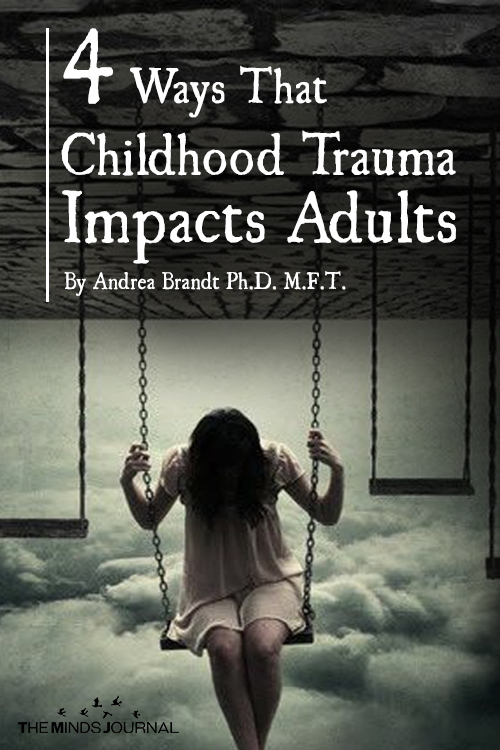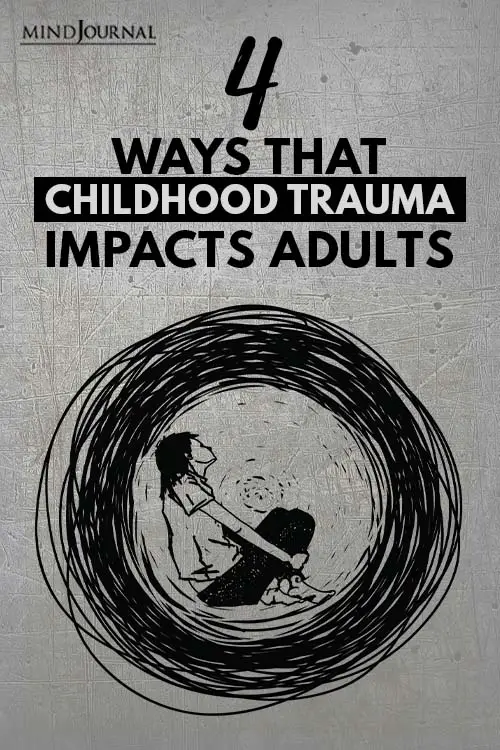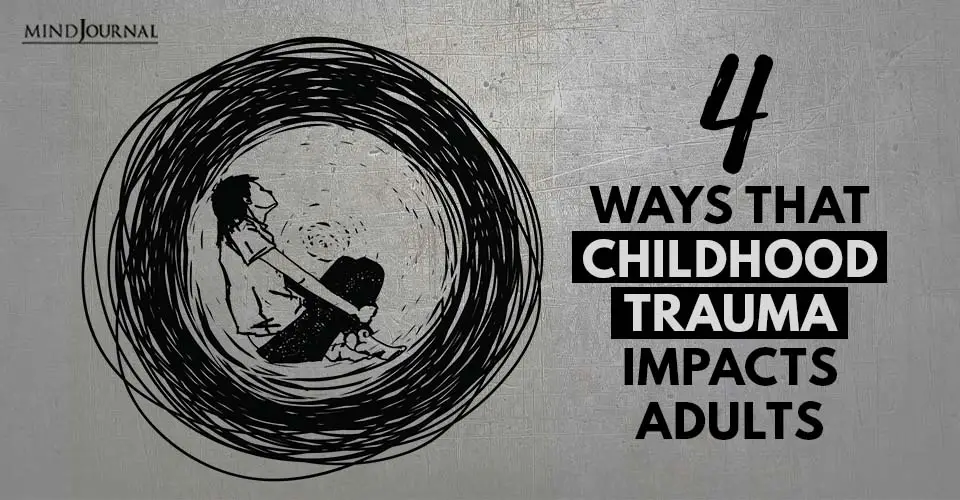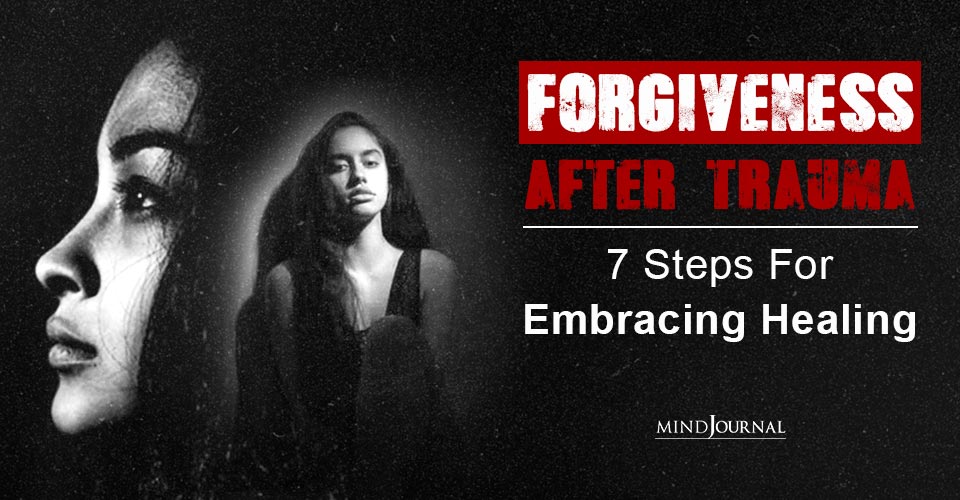Whether you witnessed or experienced violence as a child or your caretakers emotionally or physically neglected you, when you grow up in a traumatizing environment you are likely to still show signs of that childhood trauma as an adult.
Children make meaning out of the events they witness and the things that happen to them, and they create an internal map of how the world is. This meaning-making helps them cope. But if children don’t create a new internal map as they grow up, their old way of interpreting the world can damage their ability to function as adults.
While there are many aftereffects of childhood emotional trauma, here we’ll look specifically at four ways childhood emotional trauma impacts us as adults.
1. The False Self
As a childhood emotional trauma therapist, I see many patients who carry childhood emotional wounds with them into adulthood. One way these wounds reveal themselves is through the creation of a false self.
As children, we want our parents to love us and take care of us. When our parents don’t do this, we try to become the kind of child we think they’ll love. Burying feelings that might get in the way of us getting our needs met, we create a false self—the person we present to the world.
When we bury our emotions, we lose touch with who we really are, because our feelings are an integral part of us. We live our lives terrified that if we let the mask drop, we’ll no longer be cared for, loved, or accepted.
The best way to uncover the authentic you underneath the false self is by talking to a therapist who specializes in childhood emotional trauma and can help you reconnect with your feelings and express your emotions in a way that makes you feel both safe and whole.
Related: 8 Traits Adults Show If They Have Been Emotionally Abused As Children
2. Victimhood Thinking
What we think and believe about ourselves drives our self-talk. The way we talk to ourselves can empower or disempower us. Negative self-talk disempowers us and makes us feel like we have no control over our lives — like victims. We may have been victimized as children, but we don’t have to remain victims as adults.
Even in circumstances where we think we don’t have a choice, we always have a choice, even if it’s just the power to choose how we think about our life. We have little to no control over our environments and our lives when we’re children, but we’re not children anymore. It’s likely we are more capable of changing our situation than we believe.
Instead of thinking of ourselves as victims, we can think of ourselves as survivors. The next time you feel trapped and choice-less, remind yourself that you’re more capable and in control than you think.
Related: Growing Through Trauma: How To Not Let A Bad Childhood Define Your Life
3. Passive-Aggressiveness
When children grow up in households where there are only unhealthy expressions of anger, they grow up believing that anger is unacceptable. If you witnessed anger expressed violently, then as an adult you might think that anger is a violent emotion and therefore must be suppressed.
Or, if you grew up in a family that suppressed anger and your parents taught you that anger is on a list of emotions you aren’t supposed to feel, you suppress it, even as an adult who could benefit from anger (link is external).
What happens if you can’t express your anger?
If you’re someone who suppresses your upset feelings, you likely already know the answer: Nothing. You still feel angry—after all, anger is a natural, healthy emotion we all experience—but instead of the resolution that comes with acknowledging your anger and resolving what triggered it, you just stay angry.
You don’t express your feelings straightforwardly, but since you can’t truly suppress anger, you express your feelings through passive-aggressiveness.
Related: What If Your Parents Were Just Not That Into You? The Lifelong Effects of Childhood Neglect
4. Passivity
If you were neglected as a child, or abandoned by your caretakers, you may have buried your anger and fear in the hope that it would mean no one will ever abandon or neglect you again. What happens when children do this, though, is that we end up abandoning ourselves.
We hold ourselves back when we don’t feel our feelings. We end up passive, and we don’t live up to our potential. The passive person says to him or herself, “I know what I need to do but I don’t do it.”
When we bury our feelings, we bury who we are. Because of childhood emotional trauma, we may have learned to hide parts of ourselves. At the time, that may have helped us. But as adults, we need our feelings to tell us who we are and what we want, and to guide us toward becoming the people we want to be.
By Andrea Brandt, Ph.D
To learn more about how childhood wounds affect us as adults, please visit my website and follow me on Facebook or Twitter
Originally appeared on Psychology Today
Published here with permission from the author










Leave a Reply
You must be logged in to post a comment.